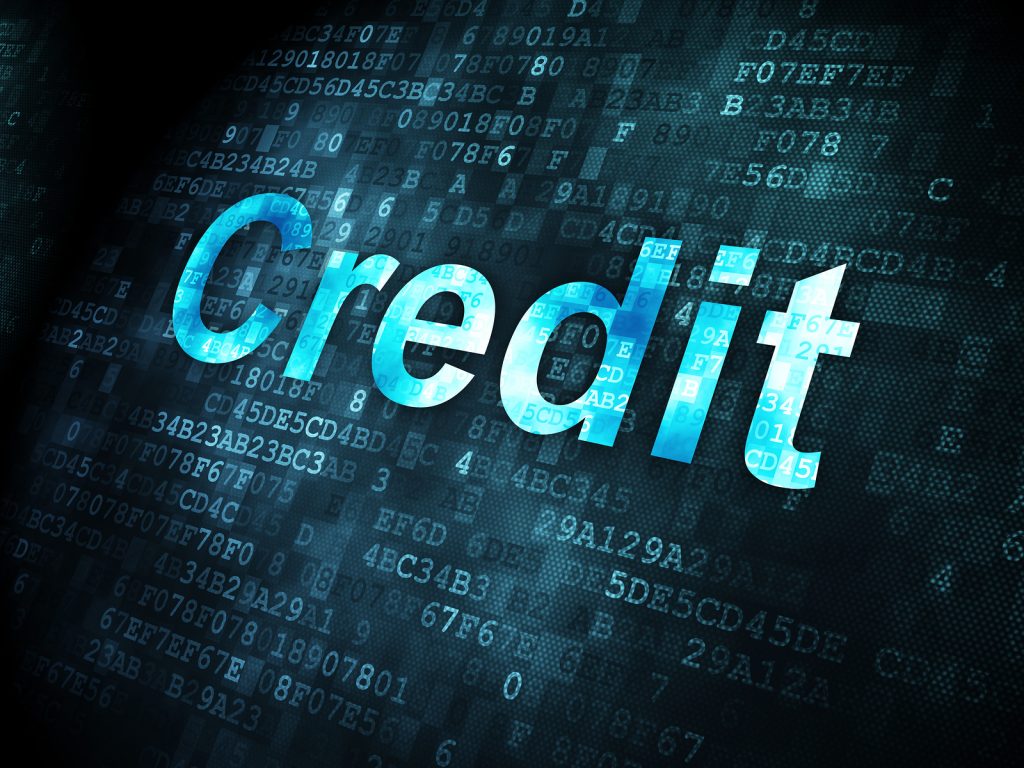Amidst the COVID-19 outbreak, Americans are struggling in more ways that one. With many people getting sick, countless workers being laid off or seeing their wages hit due to new restrictions and guidelines from social distancing, credit becomes the last thing on anyone’s mind!
If you are one of the many Americans that are being impacted by the effects of Covid-19 you may be finding it increasingly difficult to allocate funds for bills . Of course, if you have an emergency saving fund, now would be time to utilize is . But if you don’t, you’ll risk falling behind on your expenses and obligations which can make keeping your credit score at a healthy number difficult.
Of the many ways that your credit score is determined, payment history holds a hefty amount of weight over your numbers. Payment history shows that you have ability to pay your bills in a timely manner, and with limited or no income, that will prove challenging. Here’s what to do if that’s the scenario you’re faced with.

1. Talk to your lenders
So, you may have some debts you owe whether its from a few credit cards, a car payment or a mortgage and you are faced with decreased income . You could have trouble keeping up with those payments if your income has dropped or disappeared, your best course of action is to reach out to your credit card or loan issuers and ask for assistance. Explain your situation and be sure that you are able to provide proof that you’re currently without an income. In many cases you may be provided with the option of pausing your payments for a time.
2. See which service providers are offering relief
Many of the utility and telecom companies are granting their customers assistance if they can’t pay their bills do to the current state of events . Be sure to call your providers and find out what options you have and what assistance they can provide. You should also confirm that your lack of payment will not be reported to the credit bureaus during this time, otherwise it can still become a negative mark on your credit!
3. Ask for a credit limit increase
Your credit utilization ration is another factor that helps determine your score in the end. Your credit utilization rate is how much of your available credit your are using from the limit your lenders provided, the lower it is, the better. Specifically, you need that ratio to stay at or below 30% to avoid a hit to your credit score.
However, if you’ve lost or are on reduced income, you may need to increase your credit utilization due to expenses, thereby racking up a balance! To combat your credit utilization spiraling, call your credit card issuers and request a higher credit limit so so that you will have more to spend without exceeding a certain percentage of your credit available credit. Of course, now is not the time to splurge, only use this increased credit limit for essential purchases only!
If you’re having trouble, contact your credit card companies and ask for help. Consider using online chat or social media, because many call centers are light staff and very busy. So while you are quarantining and watching Netflix reach out to your credit card companies and see what they will do for you. Remember if you are having trouble making the payment reach out to the creditor communicate with them and evaluate what they have to offer and always ask how it will be reported on your credit report. If you run into questions you don’t understand please reach out to us we are here to help. It is important to monitor and control your credit during this time so that you are more likely to be granted the option to borrow money when it is most needed. Though we are unsure of how long the Covid-19 situation will persist, but the more in control you are over your credit, the easier life will be at the end!
Blog by: Joe Peters
Do you have questions about your credit report? If you would like to speak with one of our attorneys or credit advisors and complete a free consultation please give us a call at 1-800-994-3070 we would be happy to help.
If you are hoping to dispute and work on your credit report on your own, here is a link that provides you with a few ideas on how to go about DIY Credit Repair.

